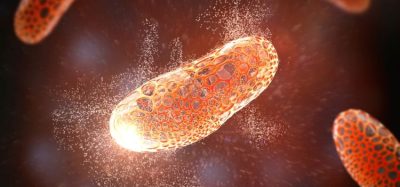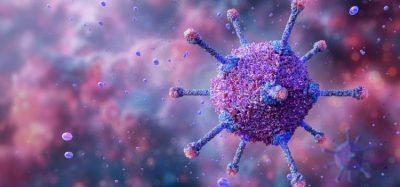CBD could reduce behavioural problems in children with intellectual disability
Posted: 1 July 2020 | Victoria Rees (European Pharmaceutical Review) | No comments yet
A new study has shown that in children and adolescents with an intellectual disability, cannabidiol (CBD) reduced severe behavioural problems.


Cannabidiol (CBD), a type of medicinal cannabis, may reduce severe behavioural problems in children and adolescents with an intellectual disability, new research has found.
The pilot study, led by the Murdoch Children’s Research Institute (MCRI), Australia, recorded a clinically significant change in participants’ irritability, aggression, self-injury and yelling. The intervention was also found to be safe and well-tolerated by most study participants.
The randomised controlled trial involved eight participants, aged eight to 16 years, who took either CBD or a placebo over eight weeks. Participants were recruited from paediatric clinics from both hospital and private paediatric practices.
Although the pilot study was not large enough to make definitive statements, the researchers say these early findings strongly support a larger follow-up trial. The team are now planning a larger study to definitively test the findings.
Associate Professor Daryl Efron, a clinician-scientist at MCRI who led the study, said this was the first investigation of CBD to manage severe behavioural problems in children and adolescents with an intellectual disability. Most of the participants also had autism.
The study found the medication was generally well-tolerated and there were no serious side effects reported. Given how extremely difficult behavioural problems were to treat in these patients, new and safer interventions are needed to treat this highly vulnerable patient group, Efron said.
“Current medications carry a high risk of side-effects, with vulnerable people with intellectual disability being less able to report side-effects,” he said. “Common side-effects of antipsychotics, such as weight gain and metabolic syndrome, have huge health effects for a patient group already at increased risk of chronic illness.”
The scientists are also seeking funding for further research into the effectiveness of medicinal cannabis and CBD in children with developmental disorders such as autism and Tourette syndrome.
The findings were published in the British Journal of Clinical Pharmacology.
Related topics
Biopharmaceuticals, Cannabinoids, Clinical Development, Drug Development, Medical Marijuana, Research & Development (R&D)









